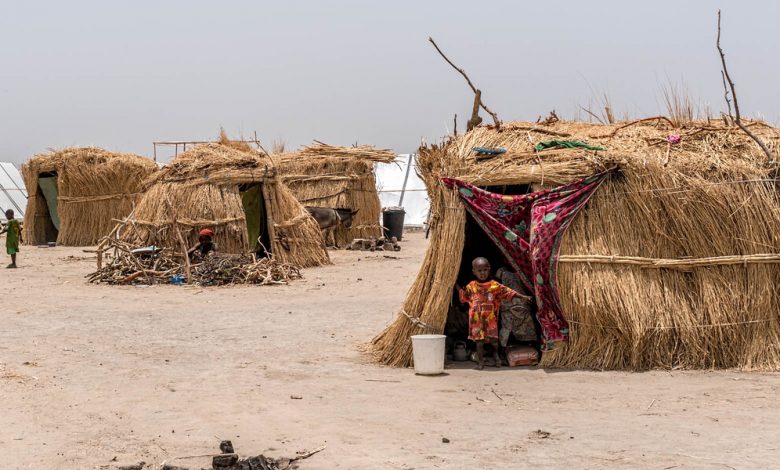
Around 12.1 million people in Nigeria are likely to be in a food security crisis or worse through December this year, according to a joint study by UN’s Food and Agriculture Organisation, the Children’s Fund, and World Food Programme on Thursday.
It found that hunger in Nigeria has been driven by the continuous violence in the North-East and the lingering economic effect of the COVID-19 pandemic.
The study included 154,008,198 individuals, with 12,135,318 of them in the participating 20 states as well as the federal capital territory now facing a crisis or emergency food insecurity.
The preliminary findings of the study, released in Abuja, revealed that the number of people in critical or worse stages of food insecurity could rise to 16.9 million unless efforts are made to scale up and sustain humanitarian aid and other government interventions for livelihood recovery and resilience.
The target region, comprising 20 states and FCT, exhibit significant food consumption gaps and acute malnutrition rates greater than the national average.
According to the study, Borno, Adamawa, and Yobe are the states with the most devastating outcome.
Moreover, it found that 2.4 million people in Borno, Adamawa, and Yobe states, which have been devastated by the ongoing war, are presently in crisis or worse and need immediate help.
